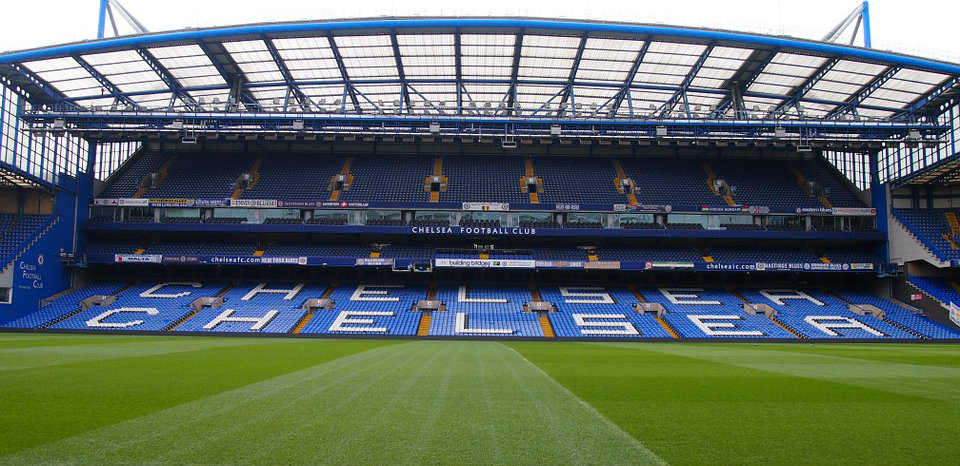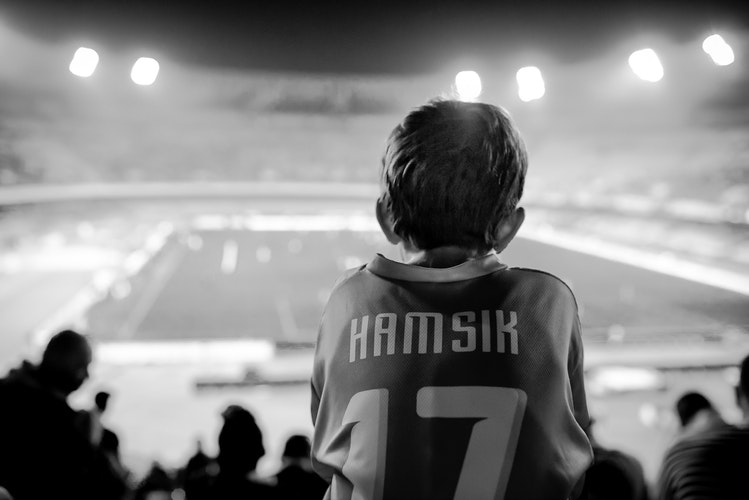Why Chelsea need to be patient and persist with Sarriball

Maurizio Sarri arrived in England as something of an enigma. Fans of Italian football waxed lyrical about his Napoli side, a team that came close to toppling the mighty Juventus while playing some of the most attractive football in Europe.
Napoli improved every season he was there, ending the 2017/18 campaign with 91 points, the most a team has achieved in Serie A without winning the title. That total would have won them the league in 2005, 2006, 2008, 2009, 2010, 2011, 2012, 2013 and 2015, and drawn them level in 2016 and 2017 – that’s 11 of the 14 seasons since the Italian top flight switched to 20 teams.
It seems unlikely that Napoli will finish anywhere near that total this term, despite having the vastly experienced ex-Chelsea coach Carlo Ancelotti at the helm. In fact, they are currently eight points worse off than at the same stage last term.
So, considering his great success with Napoli, what has gone wrong for Sarri at Chelsea? Can the Italian turn it around? And should the club keep faith in his methods?
The emergence of Sarriball
Sarri’s style of football at Napoli became known in social media circles as ‘Sarriball’ or ‘Sarrismo’. Videos of his team’s attacking moves often went viral, and even Pep Guardiola declared them one of the best teams he had played against.
But such a distinct style can take time to implement. You need the right environment and circumstances to make such a drastic change to a team’s philosophy. And you need your players to buy into it 100%.
Exporting that style from one league to another can also bring problems. And if results are not instant, players and fans can start to have their doubts.
After the 6-0 thrashing by Manchester City, TV sports’ pundits were quick to lay the boot in with lines such as: “This isn’t Napoli, this isn’t Serie A – this is Chelsea and the Premier League”, as if to undermine his achievements in Italy and suggest he is now out of his depth.
But is it really as simple as that? Sarri’s system relies on players being highly motivated and committed to playing with great intensity. He likes to press high and recover possession quickly, but his current players seem incapable of performing this way over a sustained period of time. As the season has gone on, the pressing has stopped and the intensity has all but disappeared. With so many players aged 30 or over, this could just be a physical problem. But Sarri himself has also questioned the mentality of his squad.
Where does the buck stop?
The situation raises an interesting dilemma: Should the club pander to the players and recruit yet another coach (as of 13th February, his odds to be the next Premier League manager sacked have been slashed to 4/5 by Betway following the Manchester City game on February 10)? Or do they give Sarri the opportunity to have a summer clear-out and start building a team in his own image? It only takes a few key voices in the squad to embrace the philosophy for it to permeate the whole dressing room. And with everyone working from the same page, spectacular results can be achieved.

The stubborn approach
Apart from a switch of formation in his early days at Napoli, which saw him ditch a 4-3-1-2 system in favour of a 4-3-3, he was always accused of being stubborn and having no ‘Plan B’. This is a common criticism thrown at managers who have a clear philosophy. Pep Guardiola was accused of this at Barcelona and Bayern Munich despite enjoying monumental success. To accuse a coach of having no Plan B after he has just secured a record points total for his team seems absurd, but when his style of football appears to be failing it becomes a valid concern. But everyone at Chelsea knew what they were getting with Sarri; this is a man who sticks to his guns until he gets it right. While other coaches might opt to play according to the players at his disposal, Sarri will not stray from his vision and would rather change the players at his disposal than sacrifice his style.
Those who claim that Sarriball can never work in the Premier League just need to look at the likes of Pep Guardiola and Jurgen Klopp. Both needed time for their systems to flourish, and both refused to compromise on their vision, even when it was suggested they had been exposed by the toughness of the Premier League.
